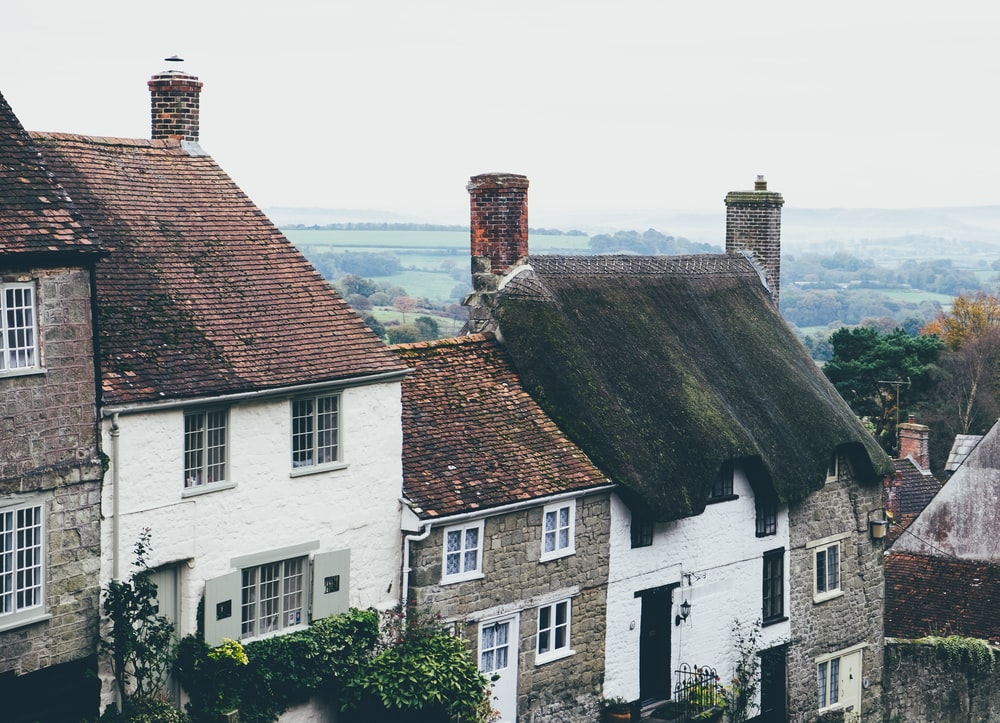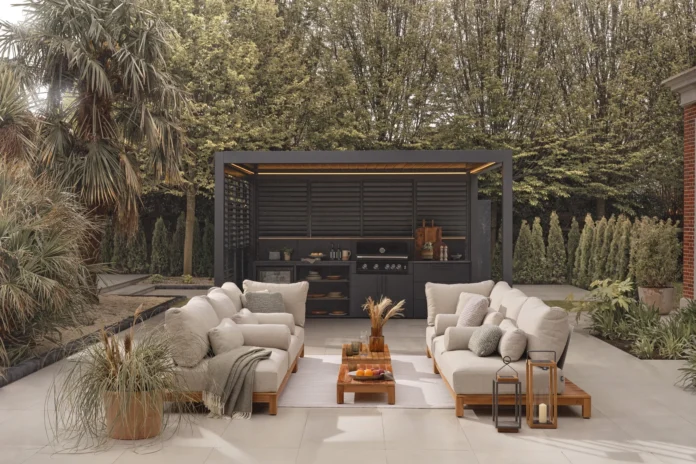
Many of us chose the location of our home – and therefore, our lives – based on its vicinity to work or how it fits our working lifestyle. Whether the property grants an easy commute to the office, or expands our job opportunities, is often the key consideration when signing a rental agreement or making that big property purchase.
However, with more of us now working from home than ever and many offices becoming obsolete, the future means that we may be free to choose a home based on our personal preferences and lifestyle, rather than simply its proximity to the office. Suddenly, choice has been blown wide open, and to help you narrow things down once again, here are 7 considerations when choosing the IDEAL location for your next home.
DOES IT SUITS YOUR CURRENT LIFESTYLE?
Are you an outdoorsy person who loves the countryside? Or do you love water sports and have always dreamt of living by the beach? Perhaps you’re more of a city person with a penchant for high-end restaurants and a thriving nightlife? It’s important to be happy in your home due to what lies not only within its walls but also within walking distance; do check how well your immediate leisure interests will be catered for when you’re narrowing down your shortlist of potential properties.

DOES IT SUIT YOUR LIFESTYLE LONG-TERM?
When taking out a large mortgage on a property, you want to make sure that it suits your lifestyle long-term, too. Nope, we’re not talking about those nearby Michelin starred restaurants or golden sands again; rather, we’re talking about family. There’s nothing worse than purchasing a property, only to discover that it cannot adequately function as a family home, so it’s vital to employ some foresight, here.
Moreover, although you may not have kids right now or never intend to, it’s a wise idea to look at catchment areas of primary and secondary schools, just in case. Village life with the kids may be fantastic when they are little – but what about when they are older? Though the old saying suggests that a ‘happy wife’ equals a ‘happy life’, we think that ‘happy teens, full beans’ might be more appropriate. And nope, we couldn’t think of a better rhyme than that.
Always check that the property you plan to buy will serve you for at least five to seven years, as a rule.

DO PEOPLE SPEAK POSITIVELY OF THE AREA?
Ultimately, the price of a house is determined subjectively. People pay what they think a property is worth, given their personal feelings about it – and that of the rest of the market. That’s why, strangely, you can often find mansions at bargain prices – the building might be enormous, but if the area isn’t up to scratch, people won’t want to buy.
Pay close attention to the way that friends and family talk about a particular area. If they see it as up-and-coming, that’s a good sign because it shows that it will likely become a highly desirable location in the future. And that means that house prices will go up, facilities will probably improve, and government investment will likely follow suit
Also look for the speed at which properties in your target area sold over the last twelve months. If sales went through quickly, it suggests that it is a (perceived) desirable area, and therefore, a worthwhile investment.
ARE NEIGHBOURS IMPROVING THEIR HOMES?
Here’s another sign that an area is doing well: people in the neighbourhood are improving their homes enthusiastically and regularly. It might seem like a small thing, but think about what it indicates. It shows that people are willing to invest in their properties because they see their values rising, that there’s an opportunity within the property for, say, holiday rental, or they want to stay in the area long-term.
It also reveals that they believe the neighbourhood is a safe and comfortable place to live. And that level of comfort and security is something we’re all seeking in 2021, right?
IS LOCAL PROPERTY OWNERSHIP IN THE AREA HIGH?
While rented accommodation is a financially viable option short-term, costs can accumulate for renters as the years progress. The transient nature of many rental properties or blocks means that a sense of community might sometimes be lost. It may also indicate that an area is less desirable to live in, if people regularly move on. An area with high ownership rates, on the other hand, is suggestive of it being an enjoyable place to live, since so many have committed to living there.
IS THERE TRAFFIC NOISE?
If you’re going to be working from home, then traffic noise should be a big consideration. Though efficient transport links are a massive bonus, high levels of traffic noise certainly aren’t. Rather than using your ears to assess if your intended new neighbourhood suffers from traffic noise (levels diverge massively according to the time of day, so it’s not a reliable way to check), you can use the ‘England Noise Viewer’ service from the Department for Environment, Food and Rural Affairs, which lets you enter your postcode to check noise levels in the area.
HOW ARE THE POLLUTION LEVELS?
Similarly, you can check the pollution levels of the area you’re considering moving to, by using the Government’s Air Information Resource. Again, simply enter your postcode and see both today’s levels and a forecast for future levels, on a scale of 1-10.





